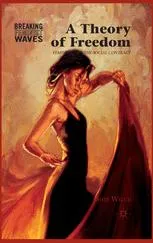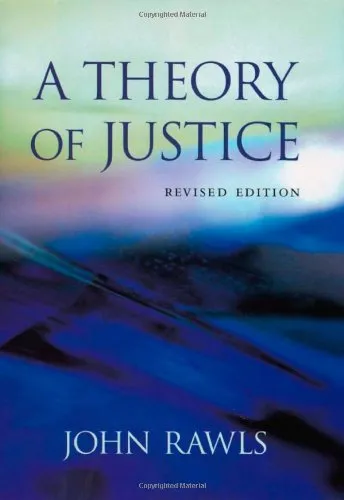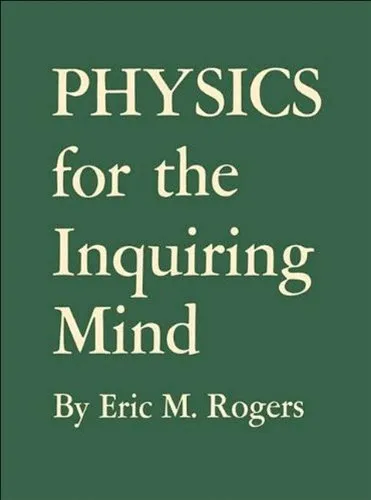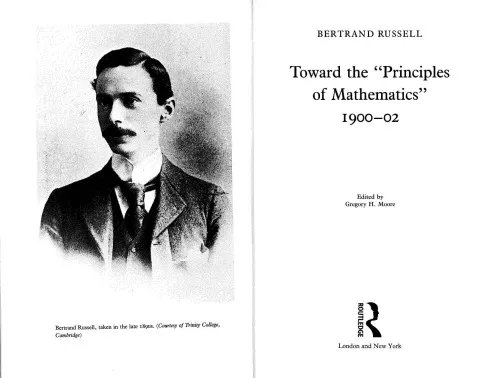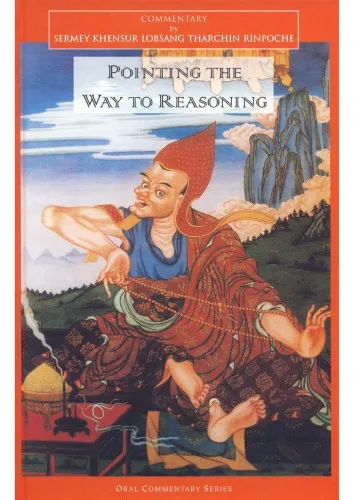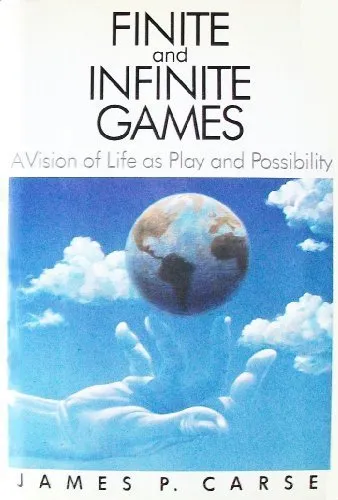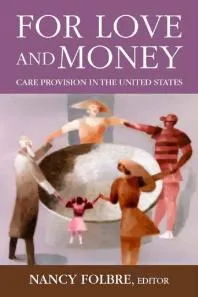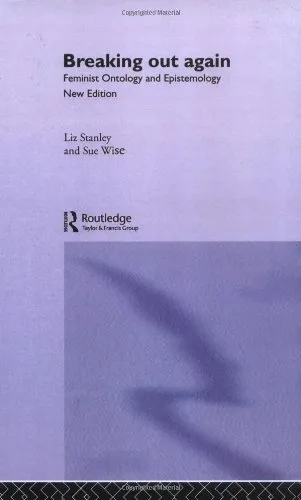A Theory of Freedom: Feminism and the Social Contract
4.5
Reviews from our users

You Can Ask your questions from this book's AI after Login
Each download or ask from book AI costs 2 points. To earn more free points, please visit the Points Guide Page and complete some valuable actions.Related Refrences:
Introduction to A Theory of Freedom: Feminism and the Social Contract
In A Theory of Freedom: Feminism and the Social Contract, Shay Welch brings an innovative perspective to the intersections of feminist theory, critical philosophy, and political thought. The book reimagines entrenched ideas surrounding freedom, agency, and individualism by placing feminist critiques at the center of social contract theory. With a focus on dismantling patriarchal assumptions embedded in conventional notions of freedom, this work offers a robust framework for understanding liberation in a world shaped by structural inequality. Through a comprehensive analysis, Welch underscores the need to reconceptualize freedom not as a solitary endeavor, but as inherently intertwined with our roles within a collective social context.
This book invites readers to challenge long-standing philosophical traditions, interrogating their complicity in sustaining systemic oppression. By employing feminist perspectives and reworking foundational principles of social contract theory, Welch builds a unique and compelling argument that moves beyond individualist notions of freedom, stressing its relational and intersubjective dimensions.
Detailed Summary of the Book
The book meticulously bridges the gap between contemporary feminist philosophy and social contract theory. Welch begins by identifying limitations within traditional theories of the social contract, especially their reliance on hyper-individualism and exclusionary practices. She argues that conventional frameworks often sideline marginalized voices and perpetuate hegemonic power structures, thereby failing to account for the lived realities of women and other oppressed groups.
In subsequent chapters, Welch constructs an alternative vision of freedom rooted in feminist ideals. She argues that freedom cannot be understood in isolation from others. Instead, freedom must be viewed as a relational construct: something negotiated and expressed through engagement with one another. Inherent in this argument is a rejection of the classical notion of autonomy as entirely self-sufficient; instead, Welch posits that autonomy must be redefined as dependent upon reciprocal recognition and mutual accountability.
By extending feminist critique to the heart of the social contract, the book emphasizes concepts like care, embodiment, cooperation, and deep interdependence as critical to any understanding of freedom. This reconceptualization acknowledges the realities of human vulnerability and the ethical obligations we carry toward one another in shared social spaces. Each chapter builds toward a holistic vision of a social contract that prioritizes inclusivity, equality, and collective liberation over the unchecked pursuit of individual gains.
Key Takeaways
- Traditional social contract theories often exclude marginalized perspectives, perpetuating systems of oppression.
- Freedom cannot exist as a solitary or isolated experience; it must be understood as relational and dependent on the well-being of others.
- Feminist philosophy offers transformative insights into reimagining political theory and dismantling patriarchal ideologies embedded in societal structures.
- Care, empathy, and mutual accountability are essential components of a more just and equitable social contract.
- By embracing interdependence and rejecting hyper-individualism, we can create freer, more inclusive societies.
Famous Quotes from the Book
"Freedom is only meaningful when it is shared—when our liberation becomes inseparable from the liberation of others."
"The social contract, as it has historically been constructed, is not a neutral agreement, but a contract steeped in exclusion, privilege, and systemic inequality."
"To truly understand freedom, we must dismantle the myth of independence and instead embrace the reality of mutual reliance."
Why This Book Matters
A Theory of Freedom: Feminism and the Social Contract is a critical contribution to political philosophy and feminist thought. It challenges entrenched narratives about freedom, autonomy, and self-determination, offering a path toward more inclusive and equitable social structures. This book is especially relevant in contemporary discussions surrounding justice and equality, as it equips readers with the intellectual tools to question systemic oppression and envision pathways toward collective liberation. It speaks to scholars, activists, and anyone invested in the promise of a freer, more just world.
What sets this book apart is its integration of complex philosophical inquiry with the urgency for social change. By reworking foundational theories to include marginalized voices, it exemplifies the transformative power of feminist critique. Whether you're a student of political science, a feminist scholar, or simply someone eager to better understand the mechanisms of freedom and oppression, this book offers invaluable insights into the possibility of a reimagined social contract for the modern world.
Free Direct Download
You Can Download this book after Login
Accessing books through legal platforms and public libraries not only supports the rights of authors and publishers but also contributes to the sustainability of reading culture. Before downloading, please take a moment to consider these options.
Find this book on other platforms:
WorldCat helps you find books in libraries worldwide.
See ratings, reviews, and discussions on Goodreads.
Find and buy rare or used books on AbeBooks.
1326
بازدید4.5
امتیاز0
نظر98%
رضایتReviews:
4.5
Based on 0 users review
Questions & Answers
Ask questions about this book or help others by answering
No questions yet. Be the first to ask!
